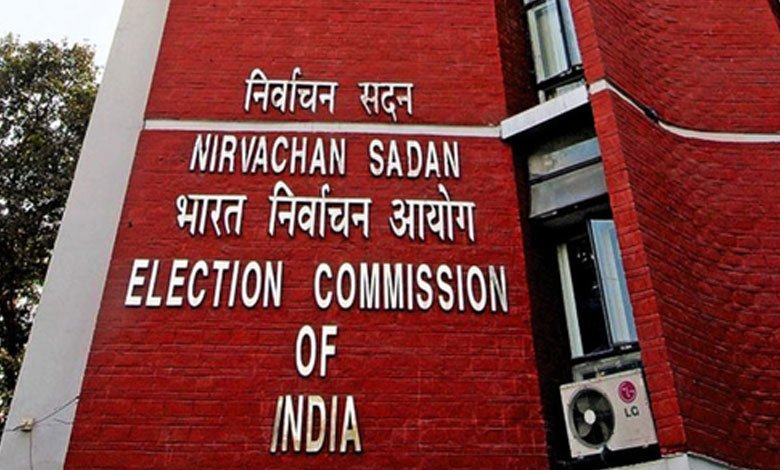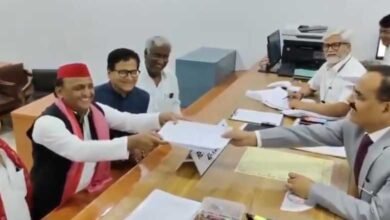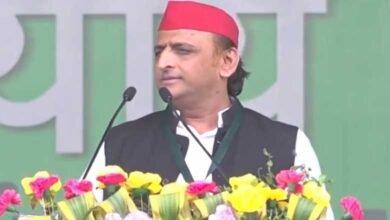Centre Defends New Appointments to EC, Cites Legislation Excluding CJI from Selection Process
The Centre has defended the fresh appointments to the Election Commission of India, made under the legislation which excludes the Chief Justice of India from the selection process, saying that the independence of the poll body does not arise from, and is not attributable to, the presence of a judicial member in the selection committee.

New Delhi: The Centre has defended the fresh appointments to the Election Commission of India, made under the legislation which excludes the Chief Justice of India from the selection process, saying that the independence of the poll body does not arise from, and is not attributable to, the presence of a judicial member in the selection committee.
Before the enactment of the Chief Election Commissioner and the other Election Commissioners (Appointment, Condition of Service and Term of Office) Act, 2023, from 1950 till 2023 – for 73 years, the appointment of the Election Commissioners was being made by the executive exclusively, said a preliminary affidavit filed by the Union government to the pleas filed in the Supreme Court seeking to restrain the Centre from filling the vacancies in Election Commission.
“It should be kept in mind that the Election Commission of India has been able to function neutrally and effectively even during the era of full executive discretion in appointment,” it added.
The affidavit stated that the legislation introduced by the Parliament, providing that the CEC and ECs will be appointed by the President on the recommendation of a Selection Committee consisting of the PM, the Leader of the Opposition (or the largest opposition party) in the Lok Sabha, and a Union Cabinet Minister (to be nominated by the PM) is a significant improvement on the status quo and provides for a far more democratic, collaborative and inclusive exercise for appointment of Election Commissioners in line with the spirit of the Constitution Bench’s March 2023 verdict.
Further, it said that the judgment of the apex court requiring the appointment to be done by the President on the advice of a panel comprising the Prime Minister, the Leader of the Opposition (or largest party in the LS), and the CJI provided for a “stop-gap” arrangement, until the constitutionally envisaged process of the Parliament “stepping in” takes place.
“It is submitted that where the Constitution itself specifically vests Parliament with the power to decide upon the appointments of the Election Commissioner and Parliament exercises this power, no question of ‘legislative overruling’ could arise,” the affidavit said.
Contending that a “political controversy” is sought to be created and no material has been brought on record to show that the candidates are unfit for constitutional office, the Centre said that the credentials of the persons finally appointed to the post of Election Commissioner have, at no point, been called into question or no objection whatsoever has been raised about the fitness, eligibility or competence of any of the persons named in the list to serve as Election Commissioner.
The affidavit pointed out that contrary to the assertions of the petitioners, “the meeting was re-scheduled on March 9, 2024 (for March 14, 2024) much prior to even the filing of the Stay Applications in the captioned matters” and that the petitioner has “wrongly suggested” that the meeting scheduled for March 15, 2024, was advanced to March 14, 2024.
As per the cause list published on the website of the apex court, a bench of Justices Sanjiv Khanna and Dipankar Datta will hear the batch of petitions on Thursday.




